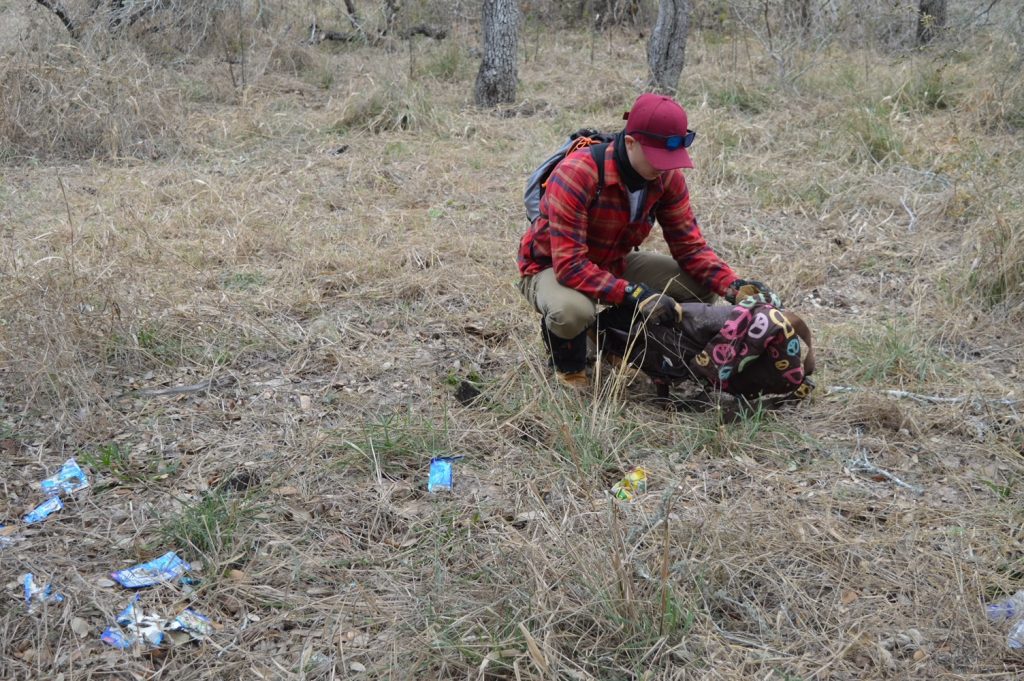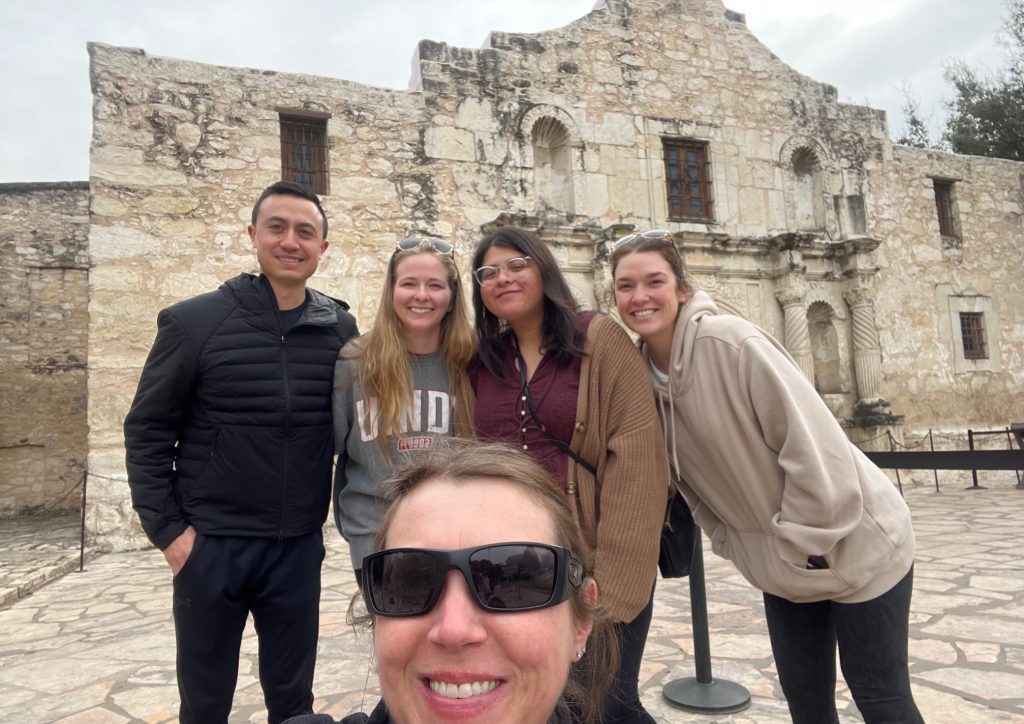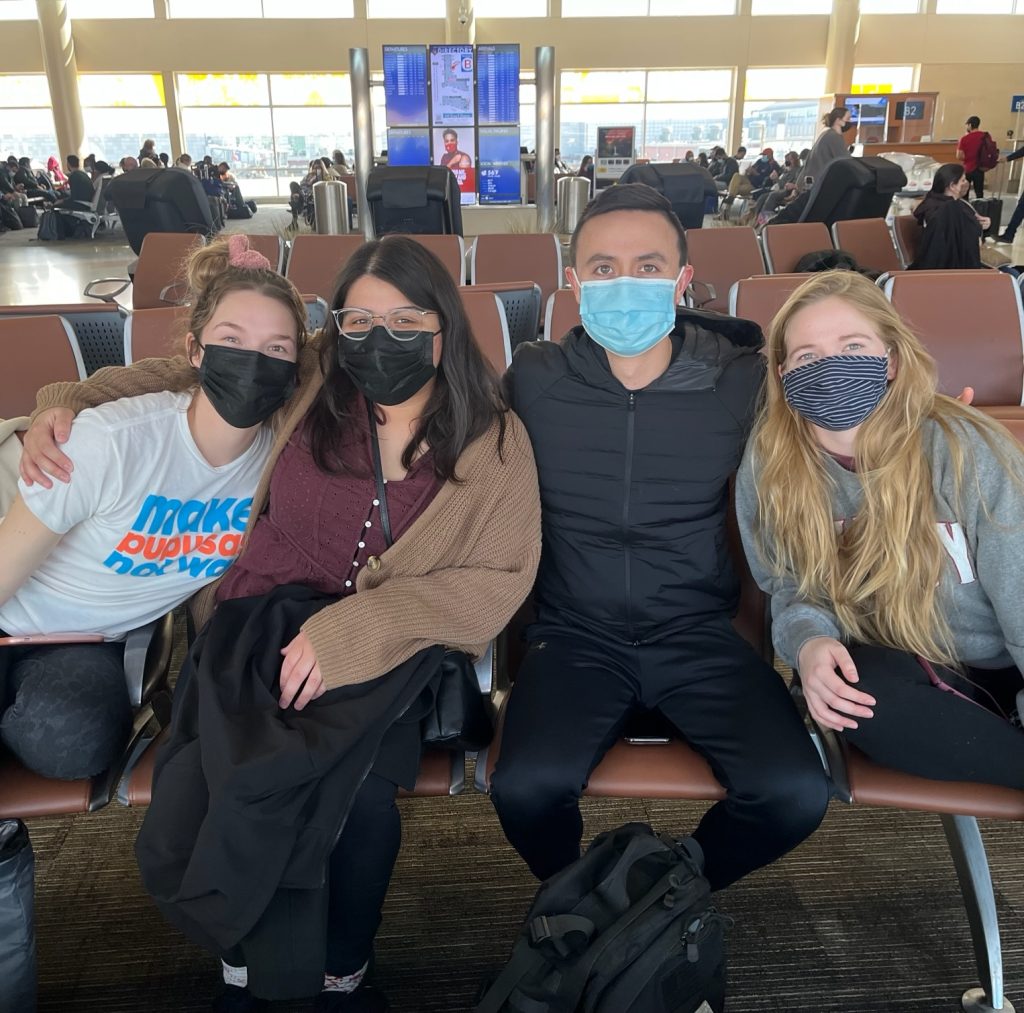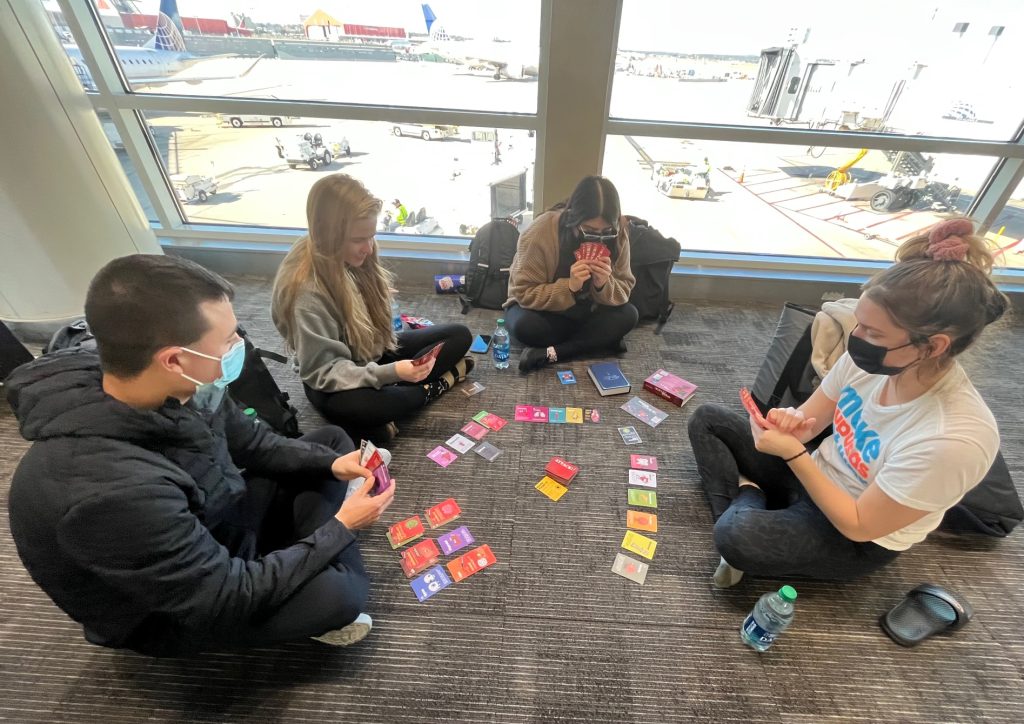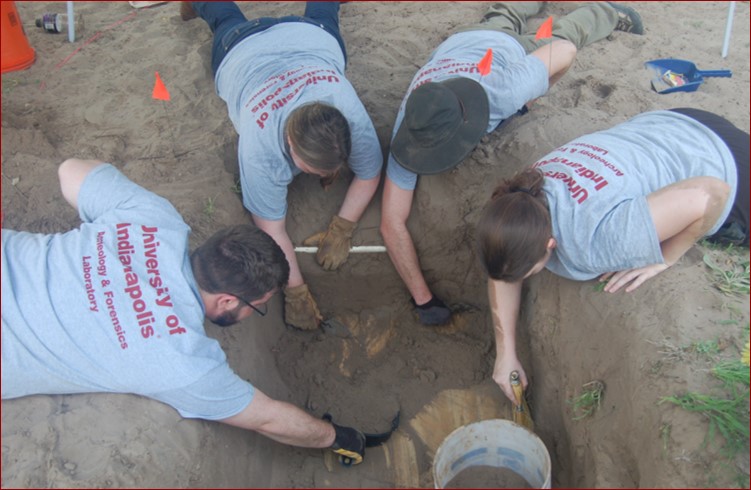Each time the Beyond Borders Team travels to the Texas Borderlands I ask each team member to provide a few sentences describing an important applied skill they learned in the field —
Izzy: “Your team is a vital part of a good search. Being able to communicate effectively allows searches to be more efficient and keeps morale high throughout physically and mentally exhausting days. Having an encouraging and supportive team makes you want to work harder and help each other every step of the way.”
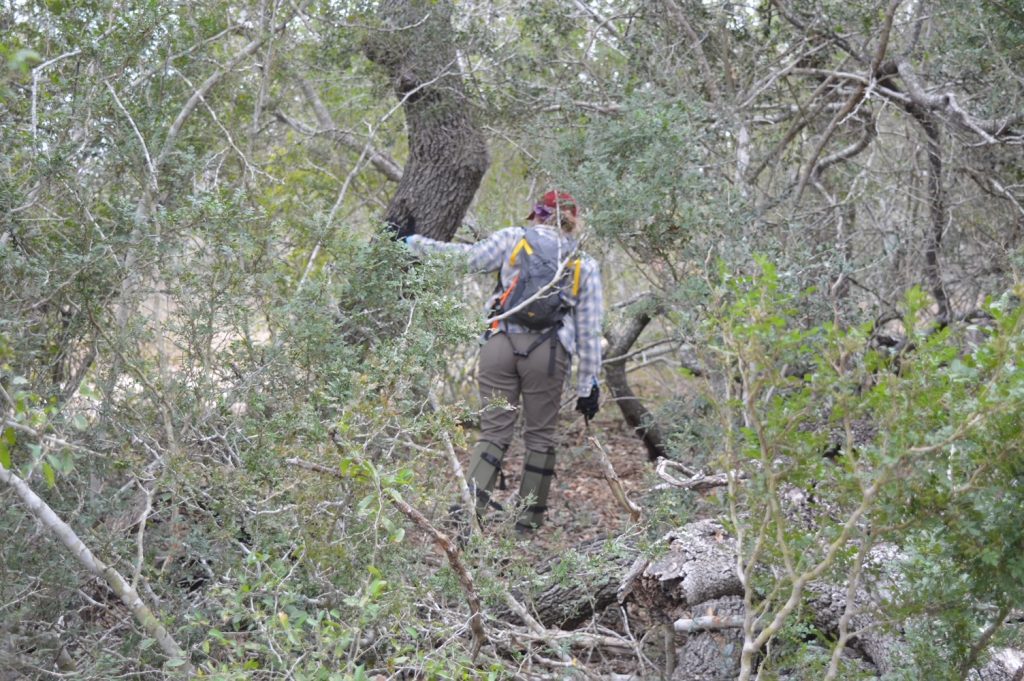
Olivia: “This trip taught me a lot about working with a team. Communication is vital, and having a team full of people who genuinely like each other’s company makes the work more enjoyable. I also learned it’s possible for people with very different backgrounds and outlooks on life to put aside their differences and work towards a common goal.”
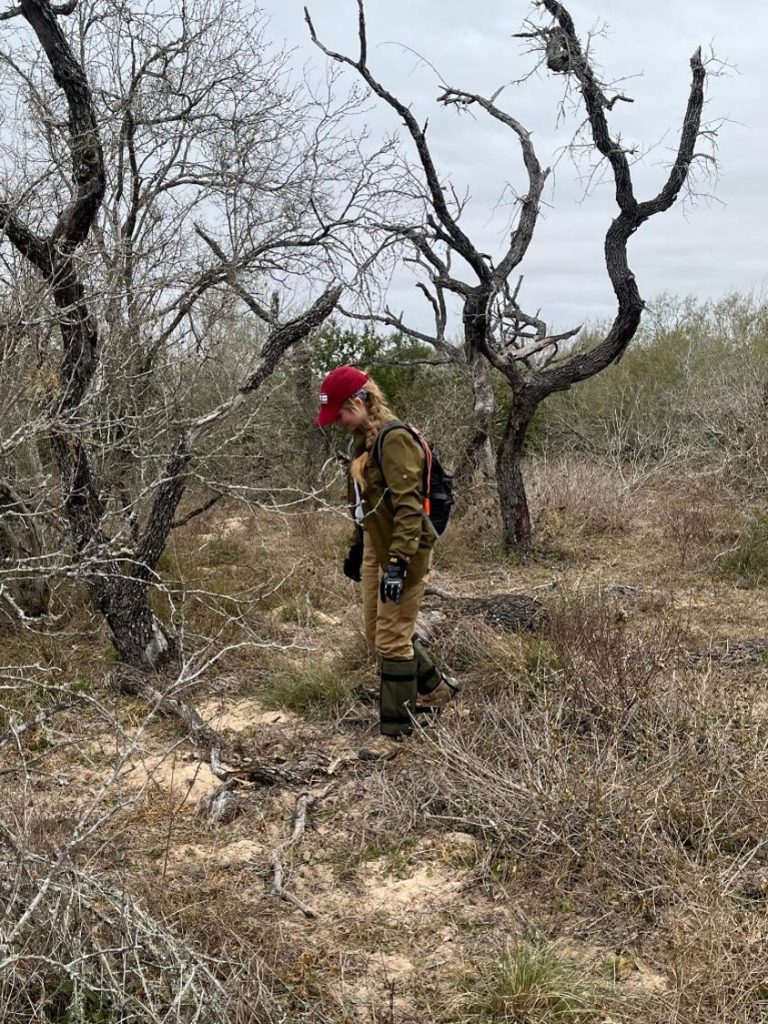
Tanya: “I have learned that it truly takes a “village”, not one person can try to tackle the humanitarian crisis occurring at the US/MX border. It takes several individuals and agencies to work together in order to reach the same goal of preventing migrant death by advocating for policy change, refilling water stations or rescuing those who may be in distress. At the end of the day it did not matter what kind of background we came from or what religious/political views we may hold, everyone made a conscious choice to show up and do the work!”
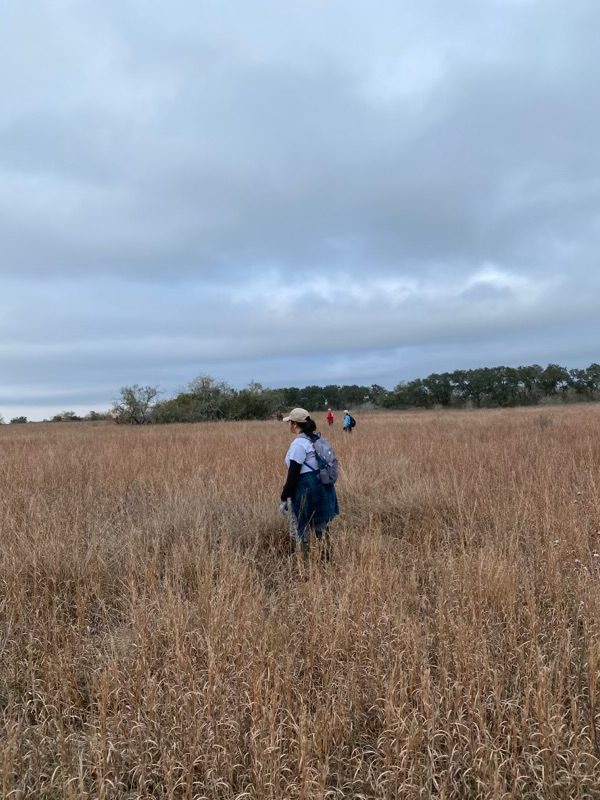
Alex: “Our motto for this Beyond Borders trip was expect the unexpected. During our time out in the field, we certainly had several instances were things didn’t go according to plan. However, our team’s preparation, adaptability, and effective communication allowed us to overcome adversity and accomplish our goals.”
